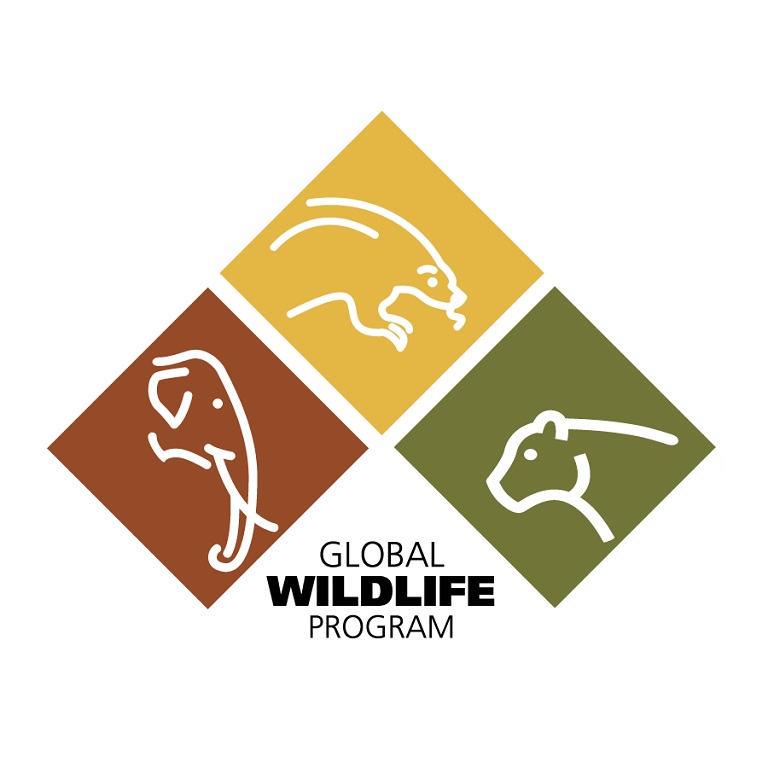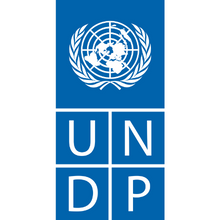This action-learning pilot exercise aimed to take stock of useful lessons on approaches countering the illegal wildlife trade (IWT) from the Global Wildlife Program (GWP) GEF-6 national projects. It tested an innovative approach on building capacities for identifying, capturing, and sharing lessons from activities on the ground. It also aimed to review lesson-learning processes and practical tools for lesson-learning moving forward.
Action-Learning Pilot Training
September 01, 2022-February 02, 2023
Online and in-person (Mombasa and Voi, Kenya)

-
The UNDP-GEF-USAID Project “Reducing Maritime Trafficking of Wildlife between Africa and Asia” under the GWP coordination project supports activities that aim to strengthen the capacity of law enforcement agencies and coordination with the private sector to prevent, detect, and intercept wildlife trafficking at Mombasa, Dar es Salaam, and Zanzibar seaports, as well as Kampala dry port. The project supports knowledge exchange and learning among the wider GWP, particularly with respect to counter-IWT activities and approaches. As part of this component, an “action-learning pilot exercise” was conducted between September 2022 and February 2023 with six GEF-6 GWP national projects: Botswana, Ethiopia, Indonesia, Kenya, South Africa, and Thailand.
The process consisted of five interactive online workshops; three online surveys; a study tour during which participants came together to learn from the national project in Kenya, share their experiences, and help one another identify and reflect on learning from each country; and an exercise in which participants were supported by the trainers/consultants in crafting and capturing a lesson learned from their country over an eight-week period.
The participants and trainers involved in this pilot have collated a series of lessons learned from the process, including on what is needed to identify and document ‘good’ lessons learned going forward. These lessons were identified via a survey with all participants, followed by a workshop discussion editing the recommendations to ensure all participants supported them.
Lessons range from how to set up an effective learning process to how to identify and craft good lessons.
Overview of Action-Learning Process
Feedback from participants on the process and improving lessons learned included:
- Lessons learned is not just about thinking of things that are going wrong and then learning from them. Lessons learned can also consider things that are going right in the project so it can be shared with others who want to do a similar project.
- Similarly, do not underestimate or take for granted things/aspects that seem like 'normal' achievements/situations in the context of the project/country, as they may actually be meaningful and useful suggestions to share with other countries.
- Be consistent in capturing processes and lessons.
- Lessons learning should be budgeted in the project cycle so they are regularly revisited as part of the project activities.
- Simplify capturing lessons learned in a structured way by not going too deep into contextual specifics/nuances and creating tools to help achieve this (and having these available for use at various phases of implementation).
-
Opening Session - Lesson-Learning within GWP: Stocktaking from GEF-6 and Strengthening Lessons Learning Moving Forward, September 1, 2022
Study Tour on Counter-Illegal Wildlife Trade (IWT) Best Practices Supported by GWP GEF-6 Projects, October 2022
Closing Session - Lesson-Learning Good Practice: Practical Guidance on Strengthening Lesson-Learning at the GWP National Project-Level, February 2, 2023
Resources from the World Bank Group that this process built on:
In partnership with

